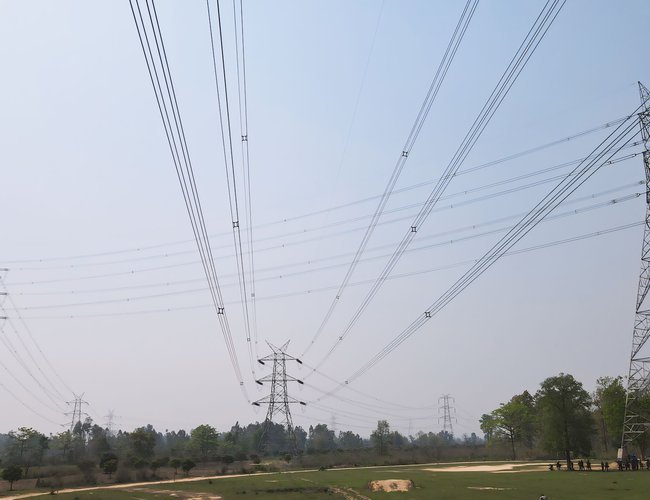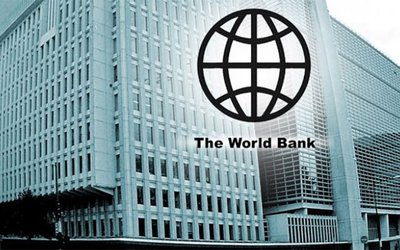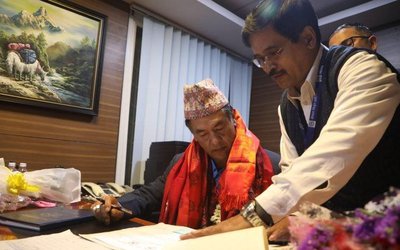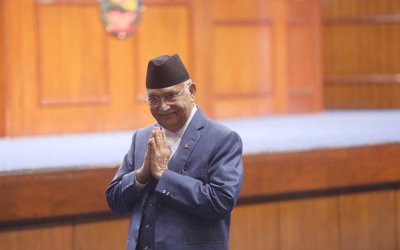
The interim government has approved the initiative to import 40 megawatts of hydroelectric power from Nepal to Bangladesh, a project that was undertaken during the ousted Sheikh Hasina-led government in June this year.
However, the Finance Division has raised objections over the transmission line charges imposed by the Indian government for the power import. Meanwhile, a file related to this project, which was sent from the Power Division to the law ministry during the Awami League government’s tenure, went missing, prompting the division to prepare a new file.
Sources within the Power Division said that the cost of electricity from Nepal, routed through India's Muzaffarpur substation, is set at 6.40 US cents per unit, equivalent to Tk 7.32. Additionally, NTPC Vidyut Vyapar Nigam Ltd (NVVN) of India will receive a trading margin of Rs 0.0595, equivalent to Tk 0.09, along with transmission line charges of Tk 0.76. Altogether, the cost of purchasing each unit of hydroelectric power will amount to Tk 8.17.
Reports indicate that using the Indian grid to import this electricity will incur an estimated annual cost of Tk 130 crore, amounting to Tk 650 crore over five years.
Power Division sources also mentioned that the Power, Energy and Mineral Resources Adviser Fouzul Kabir Khan approved the import of 40 megawatts of hydroelectric power from Nepal to Bangladesh on Monday.
Payment to be made in dollars, rupees
It has been reported that payment for the 40 megawatts of hydroelectric power imported from Nepal to Bangladesh will be made in both dollars and rupees. The cost of the hydroelectric power and the transmission line charges will be paid in dollars, while the trading margin will be settled in rupees.
The Power Division noted that the cost of the 40 megawatts of hydroelectric power from Nepal is higher than the cost of hydroelectric power generated within Bangladesh but lower than that of gas or oil-fired power.
It is anticipated that if an agreement is reached to import hydroelectric power from Nepal, it could open the door for cross-border trade in Bangladesh, providing further opportunities for electricity imports and other bilateral trade with Nepal and Bhutan. Nepal has expressed strong enthusiasm for the project, while India has maintained its interest despite the change in government in Bangladesh.
However, officials remain uncertain about how the situation will evolve under the new circumstances.
Finance Division opposes flexibility
Sources within the Finance Division revealed that the hydroelectric power from Nepal will be imported to Bangladesh using India’s transmission lines, for which Bangladesh will pay a transmission line charge to India. India kept this charge flexible in the agreement, which has been approved by the Power Division.
However, the Finance Division has opposed this flexibility, arguing that the transmission line charge should be fixed. They believe that a flexible charge may undermine the project's long-term viability, as India could set the charge unilaterally, rather than through bilateral negotiations.
A senior official from the Power Division told The Business Post that the Finance Division's objections alone would not suffice. “This is India’s own law, which was established in 2018. If we are to import electricity through India, we must adhere to their regulations,” he said.
India's dominance questioned
The import of 40 megawatts of hydroelectric power from Nepal to Bangladesh is subject to the tax regulations of Bangladesh, India and Nepal. Should India alter its tax policies during the import-export process, any resulting increase in costs will be shared equally between Bangladesh and India on a 50-50 basis.
Conversely, if tax policy changes in Bangladesh or Nepal impact the cost, the respective country will bear the full burden, with India assuming no liability.
A finance ministry official, speaking to The Business Post on condition of anonymity, claimed that India often imposes its decisions on Bangladesh due to the latter's weaker position. This dynamic, they said, was worsened by the previous Awami League government’s submissive stance and the actions of certain opportunistic officials in the power sector, leading to decisions that favoured India's interests over Bangladesh's.
Tripartite agreement faces potential delays
Power Division sources further disclosed that a file regarding Nepal's hydroelectric power, sent to the law ministry for their opinion during the ousted Awami League government’s tenure, went missing. As a result, the division had to recreate the file from scratch.
The sources also revealed that importing electricity from Nepal will require a tripartite agreement, which could usher in a new era of energy cooperation. This could pave the way for further hydroelectric power imports from other countries. The tripartite agreement was initially expected to be signed this September, but due to the changing circumstances and complications related to the missing file, delays are now anticipated.
Furthermore, opinions from the National Board of Revenue (NBR), Bangladesh Bank (BB), and the Financial Institutions Division are still pending. Only the Finance Division has provided its feedback so far. Once all opinions are received, the purchase agreement will be finalised and sent to the law ministry for vetting. The deal will be finalised once it passes the vetting process, followed by the signing of the tripartite agreement.
Concerns over high hydropower costs
It is worth noting that Bangladesh and Nepal signed an agreement for the electricity import in May 2022. According to the agreement, Bangladesh was supposed to receive a total of 40 megawatts of electricity—24 megawatts from one of Nepal’s projects and 16 megawatts from another—which would be transmitted to Bangladesh’s national grid in Bheramara via India.
In June 2024, Energy Adviser to the Consumers Association of Bangladesh (CAB) Prof M Shamsul Alam raised concerns to the media about the unusually high cost of hydropower.
He questioned the basis on which the rate of Tk 8.17 per unit was determined and expressed uncertainty over India's role in the cross-border trade, suggesting that these aspects were not entirely transparent.
Shamsul Alam further pointed out that while Bangladesh is extending numerous benefits to India, it is important to consider what benefits Bangladesh is receiving in return from its neighbour.
- PM Oli Is Leaving Thailand To Pay Official Visit T And Take Party In BIMSTEC Summit
- Apr 01, 2025
- Nepali Ambassador to India Dr. Shaker Sharma Sharma Called Upon UP Chief Minister Yogi Adityanath
- Apr 01, 2025
- Weather Forecast: Mainly Fair In Pokhsts, Kathmandu, Bhairaw And Janakpur
- Apr 01, 2025
- Upper Trishuli-1 Hydropower Project Handed Over Ambulances
- Mar 31, 2025
- Embassy of Israel Celebrates Good Deeds Day with Children and Elderly at Tulasi Foundation
- Mar 31, 2025















